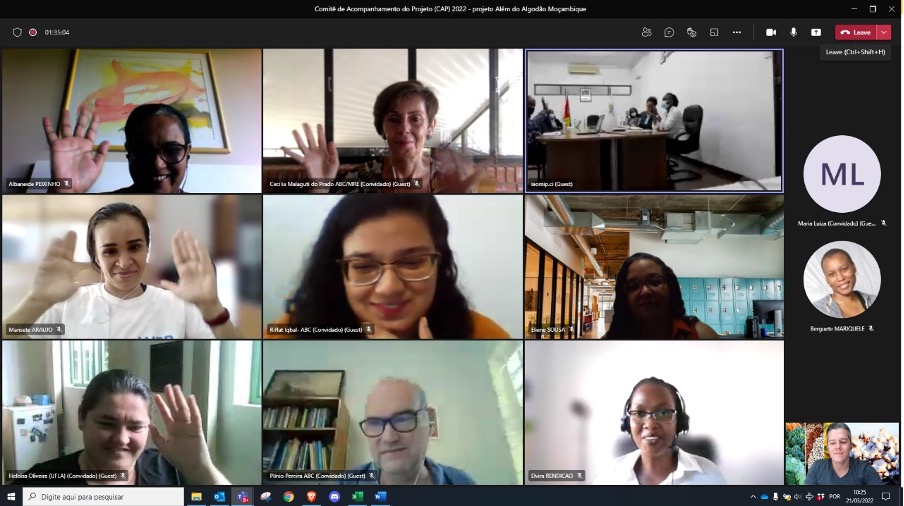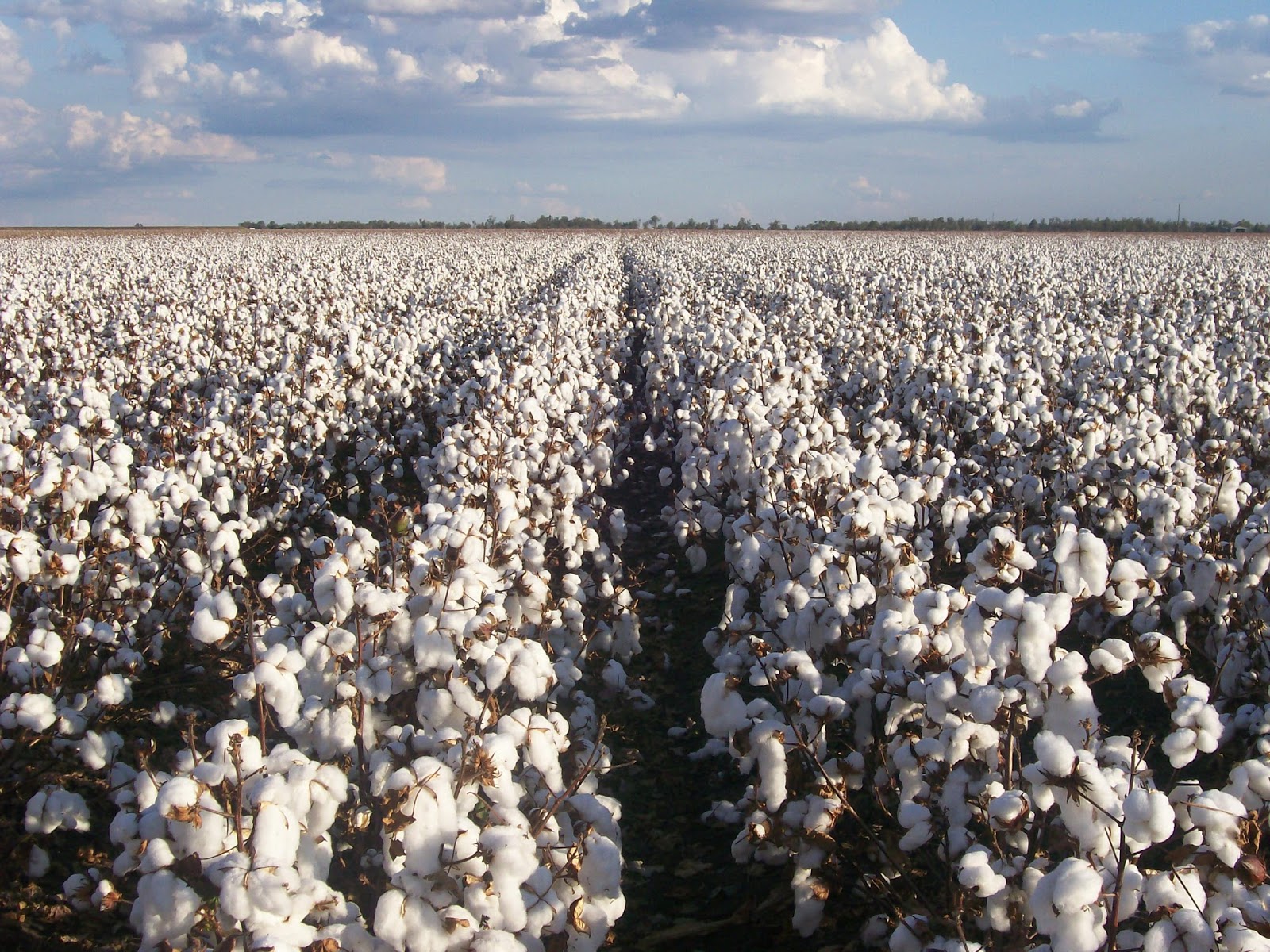
The Beyond Cotton project took another important step in Mozambique with the approval of the Annual Operating Plan 2022. With this, the project team will be able to continue the development of the work planned for the country.
In 2021, the project team managed to establish contact with local partners who will provide support the project in the regions covered by the initiative, start the preparation of letters of agreements to formalize these partnerships, and undertake field visits to better understand the real situation of cotton smallholder farmers and its value chain. In addition to that, the team will prepare and organize, with the Federal University of Lavras (UFLA), courses on good agricultural production practices.
The plan for 2022 is to continue these activities, in addition to focusing on food and nutrition security for the direct and indirect beneficiaries of the project. This will be done through training promoted by the project’s stakeholders. The Annual Operating Plan 2022 approved by the Project Steering Committee contains the details of how these activities will be carried out and their implementation strategies, remotely or in person.
The meeting was an excellent opportunity for the stakeholders involved in the implementation to reaffirm their commitments to achieving the expected results. This coordination space is important for the project’s success. One of the great strengths of the project being within the scope of the Trilateral South-South Cooperation (CSST) mechanism is that the actions take place in response to demands, recognizing the importance of local experience and the exchange of knowledge and successful practices in Mozambique.

The Beyond Cotton Project in Mozambique
The main objectives of the Beyond Cotton project in Mozambique are: to improve the productivity and yield of cotton produced by families, and to also increase the supply and quality of its by-products; to increase the management and negotiation power of farmers; to stimulate production models focused on reducing costs and improving the quality of life and food and nutrition security for farmers; to implement food and nutrition education practices; and to improve the conditions for the disposal of food production and cotton by-products.




